Photographs: Fayaz Kabli/Reuters BankBazaar.com
Retirement is an important phase in any person's life.
When you retire, you usually have a sizeable corpus with you which needs to be invested in instruments which not only generate income to sustain your lifestyle, but also match inflation.
As you will not have a regular income post retirement, you must change your investment pattern such that the returns are regular, safe and secure without any risk and last for your entire lifetime.
Retirement is usually associated with investing in safe avenues, which are reliable and generate a regular source of income.
For this reason, government schemes and fixed income instruments with monthly or quarterly pay-outs are the best choice.
Let's look at a few investment avenues where you can invest the corpus you receive when you retire:
. . .
What are the investment avenues after retirement?
Photographs: Amit Dave/Reuters
Senior Citizen Savings Scheme
This is one of the most popular sources of investment for retired people in India.
It is a government-sponsored scheme, which has a minimum investment amount of Rs. 1,000 and maximum investment limit of Rs 15 lakh (Rs 1.5 million).
Interest offered is quite high (9.3 per cent per annum for deposits made on or after April 1) compared to other investment options and the interest payout is quarterly.
The maturity period for SCSS is 5 years, which can be further extended by 3 years, taking the total maximum tenure to 8 years.
. . .
What are the investment avenues after retirement?
Photographs: Reuters
As this is a safe and high return yielding investment, most people tend to extend the scheme.
Investments under SCSS are eligible for tax deduction under Sec 80C of the Income tax Act.
The interest income earned is taxable in the investor's hands and tax is deducted at source if interest income crosses Rs 10,000 in a year.
Also, for people who have taken voluntary retirement, only retirement benefits can be invested under this scheme.
. . .
What are the investment avenues after retirement?
Photographs: Reuters
Post Office Monthly Income Scheme
As the name suggests, the POMIS is offered by the post offices in India and gives a monthly payment of interest.
The benefit of a monthly payment is offset by a lower interest rate at 8.5 per cent per annum (with effect from April 1).
Earlier, the scheme used to give a bonus on maturity, but this has been withdrawn from 1st Dec 2011.
The maturity period of POMIS is 5 years, with the minimum and maximum amount being Rs 1,000 and Rs 450,000 for a single account (Rs 900,000 for a joint account) respectively.
The biggest advantage of POMIS is that TDS is not deducted on interest income earned. However, there is no tax rebate also.
Premature closure of the account attracts a penalty, which is higher than other investment options.
POMIS is an attractive option if you are in the lower tax bracket.
. . .
What are the investment avenues after retirement?
Image: A shopkeeper counts Indian currency notes inside his shop in Jammu.Photographs: Reuters
Fixed Deposits
FDs offered by banks are another popular choice, mainly on account of the liquidity provided.
You can break the FD at any time in case of an emergency, by paying a small penalty.
FDs can be for various tenures, with maximum term going upto even 10 years in some banks.
Interest payout can be chosen as monthly, quarterly, half-yearly or annually as per the investor's preference.
Interest rates vary from one bank to another, with senior citizens usually getting 0.5 per cent-1 per cent higher than interest rates for other customers.
It is generally recommended for senior citizens to keep atleast 6 months of expenses in a bank FD as a contingency fund.
. . .
What are the investment avenues after retirement?
Image: An employee arranges Indian currency notes at a cash counter inside a bank in Agartala.Photographs: Jayanta Dey/Reuters
Post Office Time Deposits
These are similar to FDs by banks, but this is being offered by post offices.
Interest payout is on an annual basis; however the compounding of interest is done quarterly giving you a higher than quoted return.
The minimum investment amount is Rs 200 and in multiples of Rs 200 thereafter.
There is no maximum investment limit.
You can open POTDs for a period of 1, 2, 3 or 5 years, which carry annual interest rates of 8.2 per cent, 8.3 per cent, 8.4 per cent and 8.5 per cent respectively.
Interest income is subject to tax. The investment also qualifies for tax deduction under Sec 80C.
. . .
What are the investment avenues after retirement?
Photographs: Reuters
Other government-backed instruments
The National Savings Certificate and Kisan Vikas Patra are other options by the government, which are safe instruments.
However, the biggest disadvantage is that these schemes pay interest only on maturity and thus do not offer regular income.
You can consider these instruments if you do not mind waiting till maturity to get the full investment value.
. . .
What are the investment avenues after retirement?
Photographs: Reuters
Corporate Deposits
Similar to FDs by banks, some corporates offer deposit accounts for various tenures.
Interest rates differ from one corporate to another and are usually linked to the rating assigned to the instrument.
The tenure also varies depending on the corporate.
Though some corporates offer returns higher than banks, remember that these are not Government backed.
Further, interest income is taxable.
Choose the corporate which best suits your risk appetite.
. . .
What are the investment avenues after retirement?
Stocks and Mutual Funds
Investments in direct stocks is generally not recommended as exposing retirement funds to equity market risk is not advisable.
If you wish to be a part of capital markets even after retirement, you can invest a small amount in equity mutual funds.
The Systematic Investment Plan route of investment can be used when markets are volatile.
You can also make use of the Systematic Withdrawal Plan, to have a regular income from mutual funds.
Alternatively, debt mutual funds are relatively safe investment options.


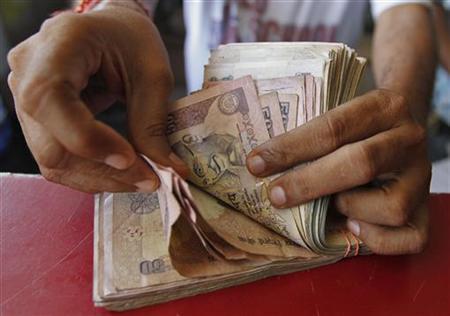
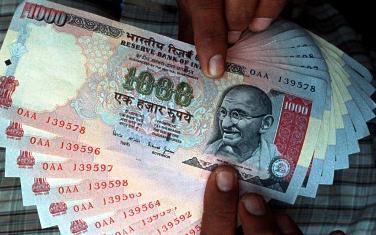
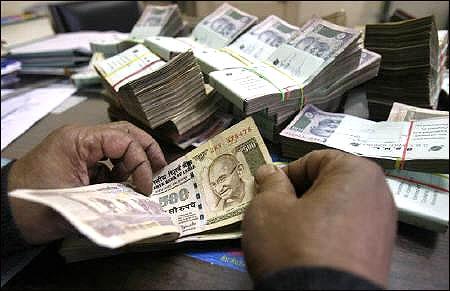
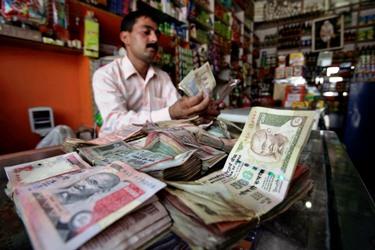
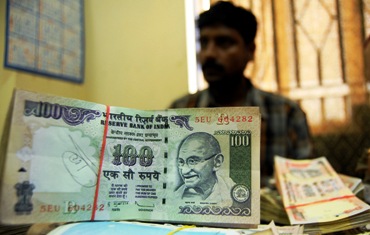
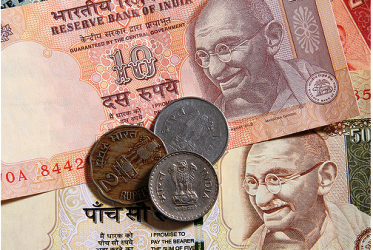


article